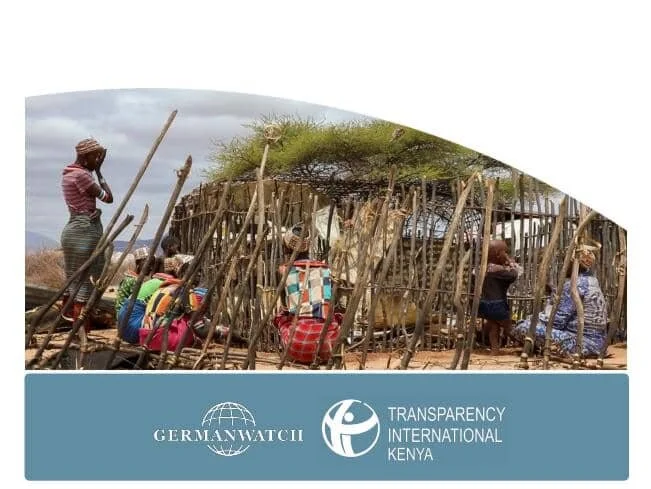The Okoa Uchumi Campaign is a civil society initiative committed to the goal of accountability in Kenya's public debt management. The dire state informs the campaign of debt management, which has been marred by opacity in decision making, mismanagement of debt expenditures, and flagrant violations of public finance requirements, which have contributed to the present economic crisis and a debt trap. The campaign is grounded in our constitutional responsibility to respect, uphold and defend the Constitution of Kenya.
The Youth Café Receives The WIN WIN Gothenburg Sustainability Youth Award 2021.
The WIN WIN Gothenburg Sustainability Award is a non-profit organization financed by the City of Gothenburg, Region Västra Götaland and several member organizations and companies. It is the world’s largest sustainability award that aims to recognize and support outstanding contributions from around the world. The goal of the award is to stimulate creativity and achieve lasting synergies as it strives to strike the right balance between ecological, environmental, and social needs. The prize has been presented in Gothenburg since 2000. The WIN WIN Youth Award is an international award that aims to empower and reward young people who play an active role in the creation of a more sustainable future.
The Youth Cafés 2021 Annual Impact Report.
The Youth Café is proud to share the eighth Impact Report produced based on the Social Return on Investment methodology. The average Social Return on Investment ratio for The Youth Café is 1:12, meaning that an investment of $1 delivers $12 value in terms of positive social impact. The present report outlines the main activities and projects carried out by The Youth Café from January to December 2021.
Advancing African Risk Capacity In Kenya
This policy paper focuses on the ARC contingency planning process in Kenya and analyses the compatibility of the development, as well as the implementation of related plans, with human rights standards. It thereby applies the human rights-based approach to climate and disaster risk financing (HRBA-CDRF) to assess the degree of compatibility, identify room for improvement, and provide recommendations addressed to the responsible actors. The methodology is based on the HRBA-CDRF with its five principles of non-discrimination and equality, participation and empowerment, transparency, accountability, and do no harm.





